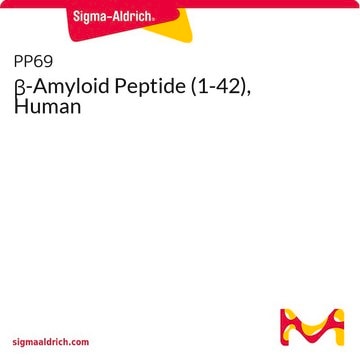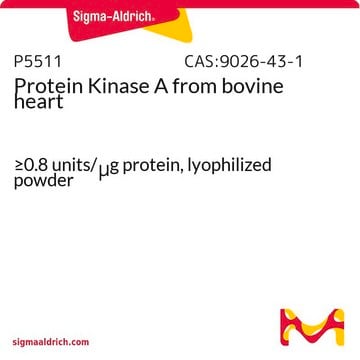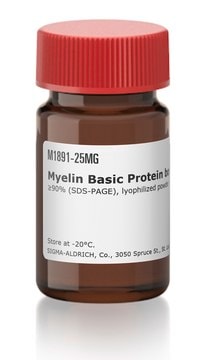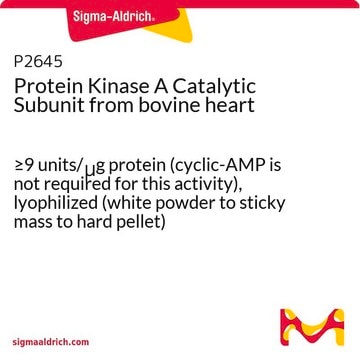C6473
Monoclonal Anti-CXCR3 antibody produced in mouse
clone 49801.111, purified immunoglobulin, lyophilized powder
Sign Into View Organizational & Contract Pricing
All Photos(1)
About This Item
Recommended Products
biological source
mouse
Quality Level
conjugate
unconjugated
antibody form
purified immunoglobulin
antibody product type
primary antibodies
clone
49801.111, monoclonal
form
lyophilized powder
species reactivity
human
technique(s)
flow cytometry: suitable
isotype
IgG1
UniProt accession no.
storage temp.
−20°C
target post-translational modification
unmodified
Gene Information
human ... CXCR3(2833)
mouse ... Cxcr3(12766)
Related Categories
General description
Chemokine receptor CXCR3 also refers as IP -10 or Mig receptor is a Gαi protein-coupled receptor and is highly expressed by IL-2-activated T lymphocytes (Th1). It facilitates calcium mobilization and chemotaxis. It also plays a pivotal role in wound healing. Monoclonal Anti-CXCR3 antibody can be used in flow cytometry for the Identification of CXCR-3. Mouse anti-CXCR3 antibody reacts specifically with CXCR-3 transfected cells but not with the parent cell line. The product has shown no cross-reactivity with human CXCR-1, CXCR-2 and CXCR-4.
Specificity
The antibody reacts with human CXCR3 transfectant cells and not the parent cell line. It has no cross-reactivity with CXCR1, CXCR2, or CXCR4.
Immunogen
human CXCR3 transfected NSO mouse myeloma cells.
Application
Monoclonal Anti-CXCR3 antibody can be used as a positive control in immunohistochemical staining.
Physical form
Lyophilized from a 0.2 μm filtered solution in phosphate buffered saline.
Preparation Note
Purified using protein G.
Disclaimer
Unless otherwise stated in our catalog or other company documentation accompanying the product(s), our products are intended for research use only and are not to be used for any other purpose, which includes but is not limited to, unauthorized commercial uses, in vitro diagnostic uses, ex vivo or in vivo therapeutic uses or any type of consumption or application to humans or animals.
Not finding the right product?
Try our Product Selector Tool.
Storage Class Code
11 - Combustible Solids
WGK
WGK 1
Flash Point(F)
Not applicable
Flash Point(C)
Not applicable
Choose from one of the most recent versions:
Already Own This Product?
Find documentation for the products that you have recently purchased in the Document Library.
Anja Mueller et al.
Journal of leukocyte biology, 83(4), 875-882 (2008-01-05)
The chemokine CXCL4/platelet factor-4 is released by activated platelets in micromolar concentrations and is a chemoattractant for leukocytes via an unidentified receptor. Recently, a variant of the human chemokine receptor CXCR3 (CXCR3-B) was described, which transduced apoptotic but not chemotactic
Cecelia C Yates et al.
The American journal of pathology, 171(2), 484-495 (2007-06-30)
Replacement of wounded skin requires the initially florid cellular response to abate and even regress as the dermal layer returns to a relatively paucicellular state. The signals that direct this "stop and return" process have yet to be deciphered. CXCR3
S Kobayashi et al.
Rheumatology (Oxford, England), 47(9), 1317-1322 (2008-07-12)
Environmental factors are involved in RA pathogenesis and epidemiological studies have suggested that smoking is an environmental risk factor for RA. The 2,3,7,8-tetrachlorodibenzo-p-dioxin (TCDD) is one of the major toxic components in cigarettes. To clarify the biological effects of smoking
Our team of scientists has experience in all areas of research including Life Science, Material Science, Chemical Synthesis, Chromatography, Analytical and many others.
Contact Technical Service







